8 results in IUS Commune: European and Comparative Law Series
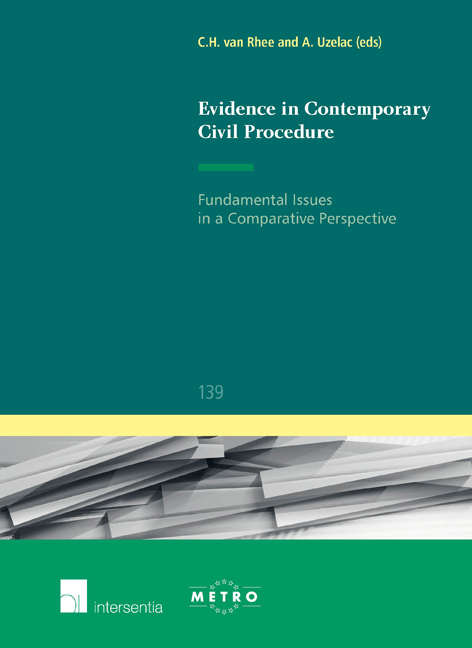
Evidence in Contemporary Civil Procedure
- Fundamental Issues in a Comparative Perspective
-
- Published by:
- Intersentia
- Published online:
- 15 December 2017
- Print publication:
- 10 August 2015
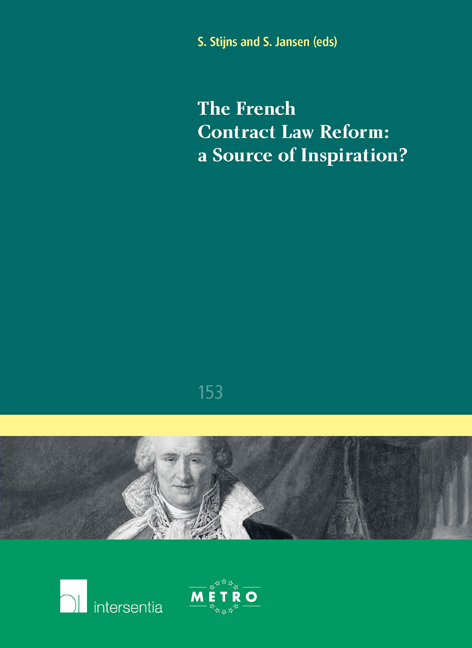
The French Contract Law Reform: a Source of Inspiration?
-
- Published by:
- Intersentia
- Published online:
- 15 December 2017
- Print publication:
- 05 August 2016
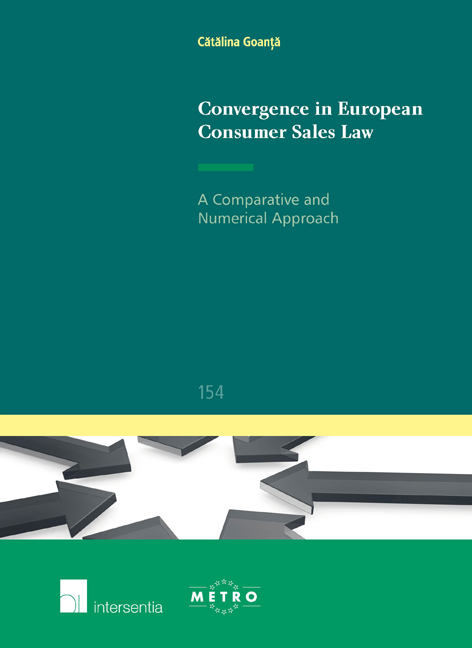
Convergence in European Consumer Sales Law
- A Comparative and Numerical Approach
-
- Published by:
- Intersentia
- Published online:
- 13 December 2017
- Print publication:
- 12 October 2016
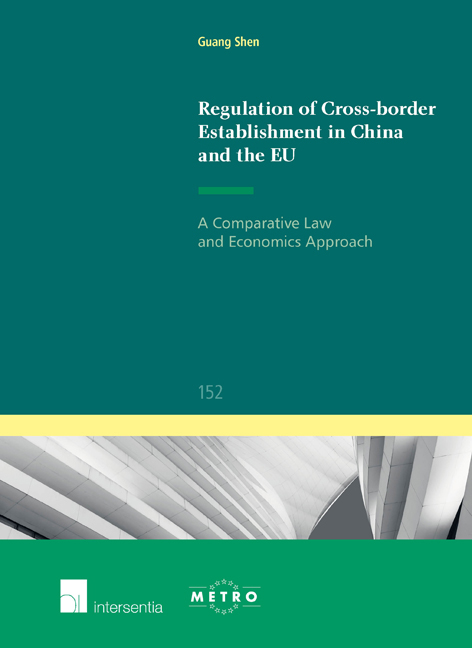
Regulation of Cross-Border Establishment in China and the EU
-
- Published by:
- Intersentia
- Published online:
- 13 December 2017
- Print publication:
- 24 June 2016
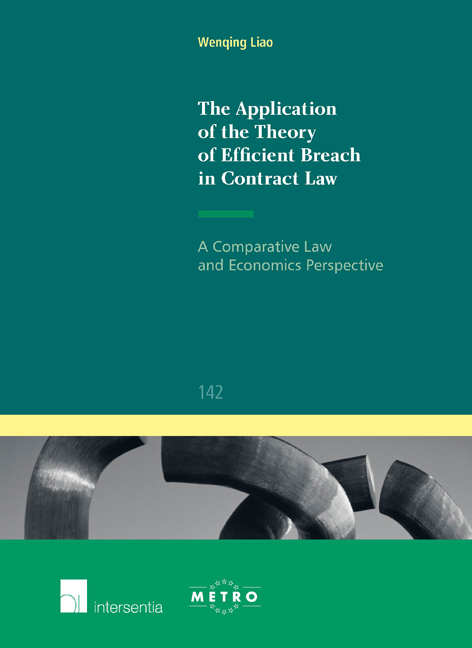
The Application of the Theory of Efficient Breach in Contract Law
- A Comparative Law and Economics Perspective
-
- Published by:
- Intersentia
- Published online:
- 12 December 2017
- Print publication:
- 21 September 2015
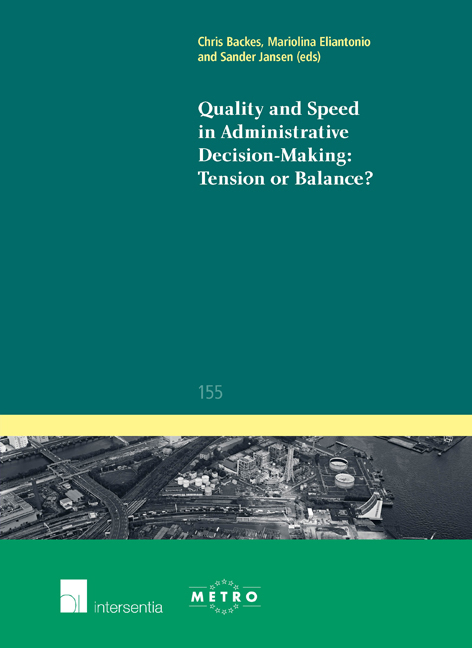
Quality and Speed in Administrative Decision-making: Tension or Balance?
-
- Published by:
- Intersentia
- Published online:
- 12 December 2017
- Print publication:
- 21 October 2016
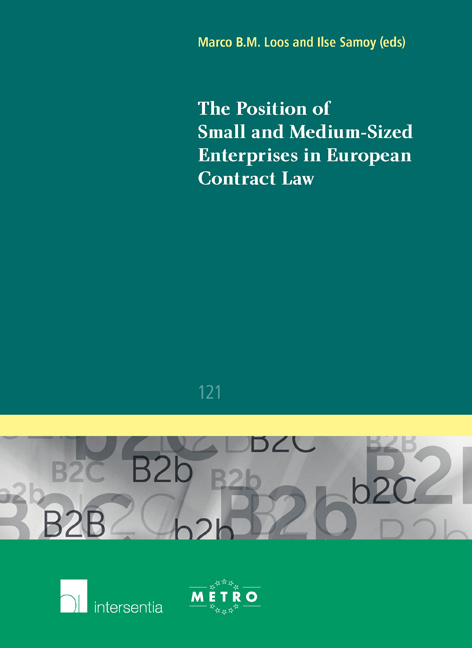
The Position of Small and Medium-Sized Enterprises in European Contract Law
-
- Published by:
- Intersentia
- Published online:
- 27 November 2017
- Print publication:
- 03 March 2014
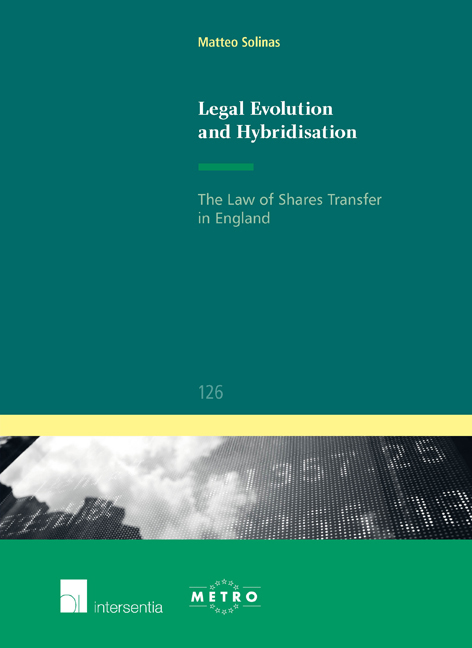
Legal Evolution and Hybridisation
-
- Published by:
- Intersentia
- Published online:
- 22 November 2017
- Print publication:
- 24 April 2014

